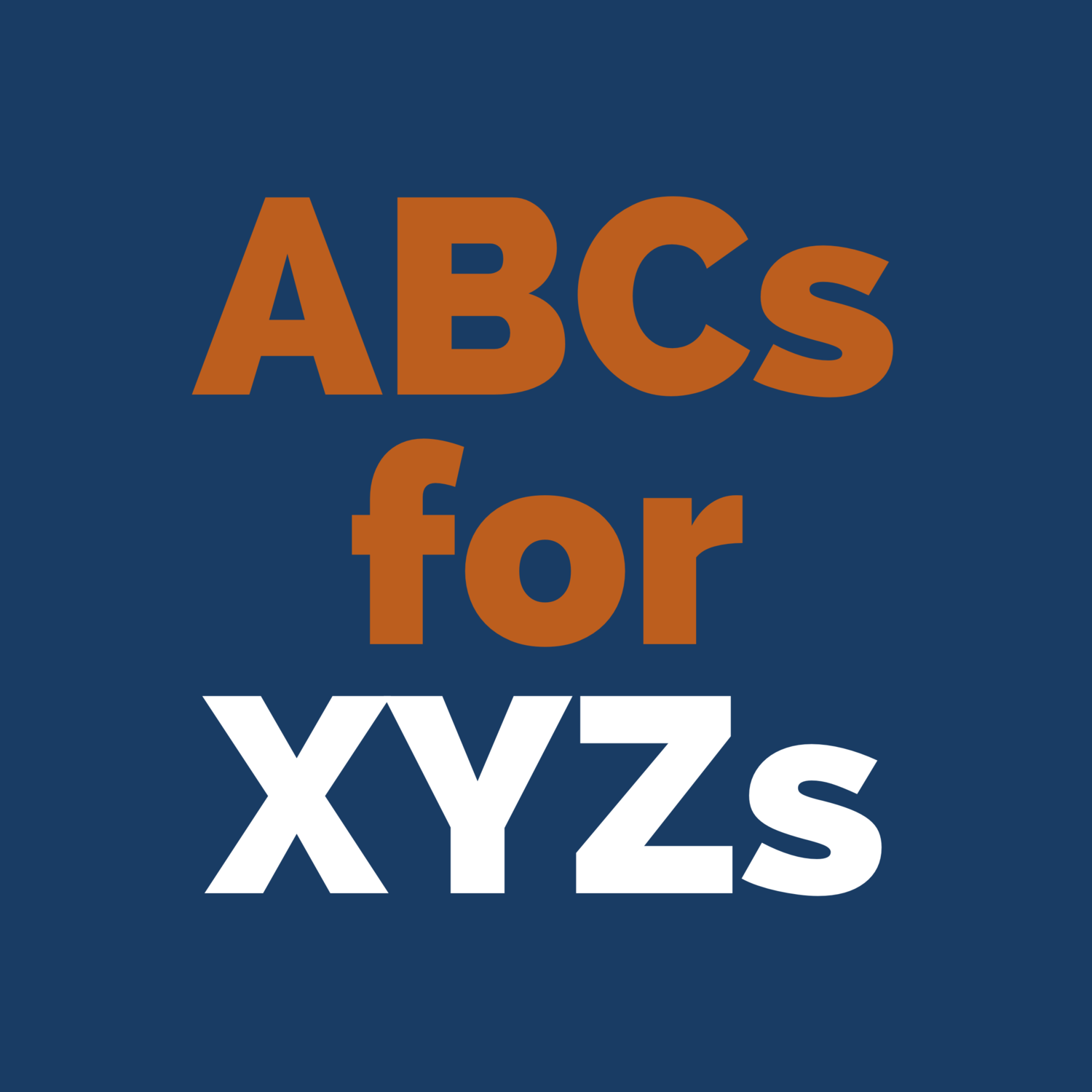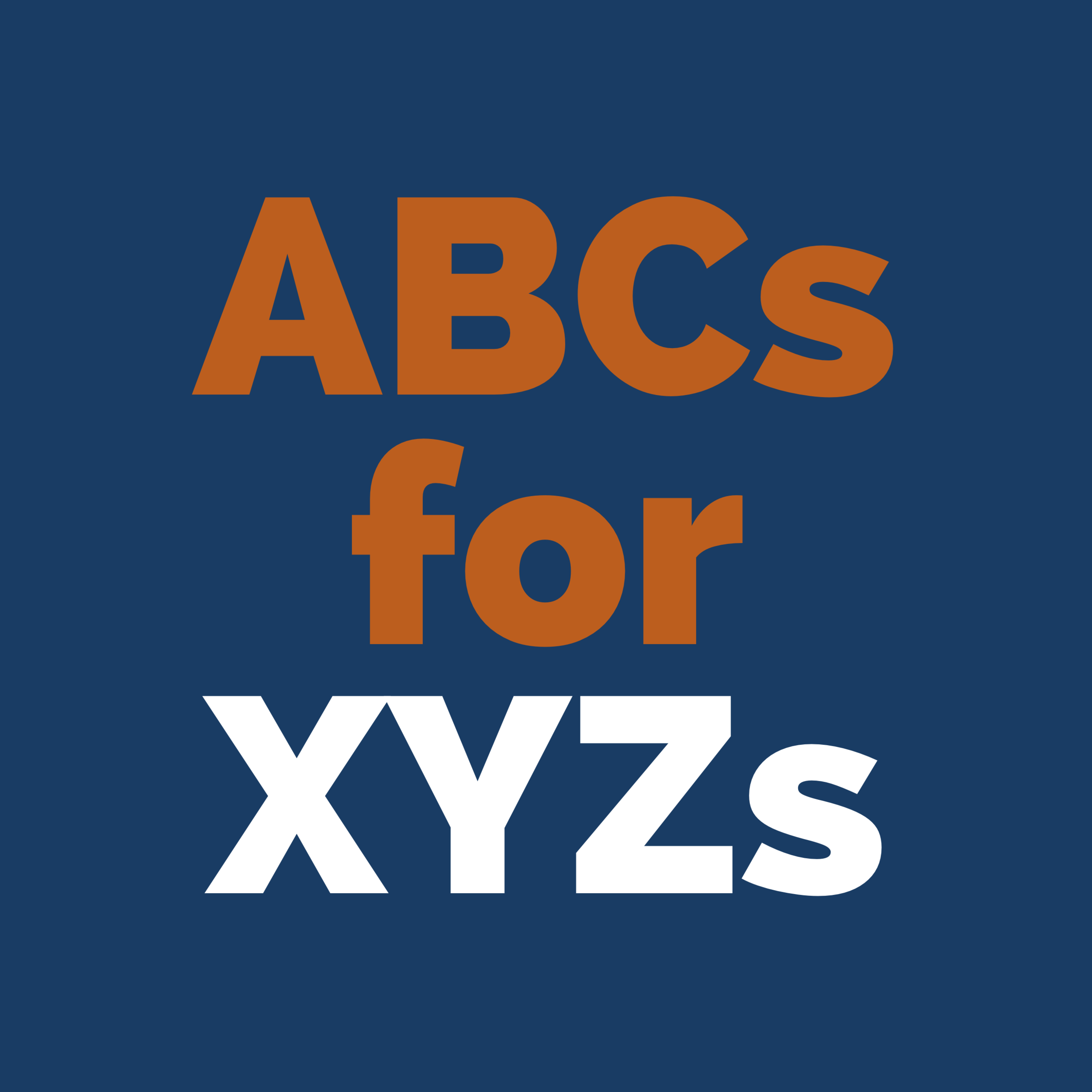Q&A: Unused 529 Money
QUESTION:
What can I do with unused 529 money?
Short answer:
There are currently four options for unused 529 assets: retain, shift, extend, or withdraw.
Long answer:
SECURE Act 2.0 introduced a potential opportunity to rollover unused 529 educational savings into a Roth IRA, starting in 2024. While awaiting additional IRS clarification and guidance, here are four options for unused 529 funds, starting with three possibilities that protect the advantageous, tax-free growth feature available for qualified distributions:
1. Retain: Pause before assuming beneficiaries have completed the quest for knowledge and maintain the 529 plan for continued learning opportunities. In addition to covering educational expenses associated with a bachelor’s degree, 529 assets can be used for graduate or professional programs, including law school and medical school, as well as eligible vocational programs.
2. Shift: 529 plans allow flexibility among qualified family members, as defined by the IRS. The owner may change the named beneficiary of the account as often as desired, provided the new beneficiary is an eligible family member of the original beneficiary. Additionally, an owner can transfer any remaining assets from the unused 529 account into the 529 of a qualified family member – however, consult with an advisor as there may be restrictions when moving between different 529 plan providers.
3. Extend: 529s present a unique opportunity for a tax-advantaged, intergenerational wealth transfer. Direct focus toward future generations and create a family legacy by naming grandchildren (or great-grandchildren) as beneficiaries.
Finally, there is an additional option for unused 529 educational savings that is less advantageous from a tax perspective:
4. Withdraw: Owners are allowed to withdraw any unused funds as a non-qualified distribution. While contributions are tax and penalty free, investment earnings are taxed as ordinary income PLUS an additional 10% penalty.
Thoughtfully consider all four options before making decisions and seek guidance from a qualified professional.
View additional “Q&A” posts
Top Categories












